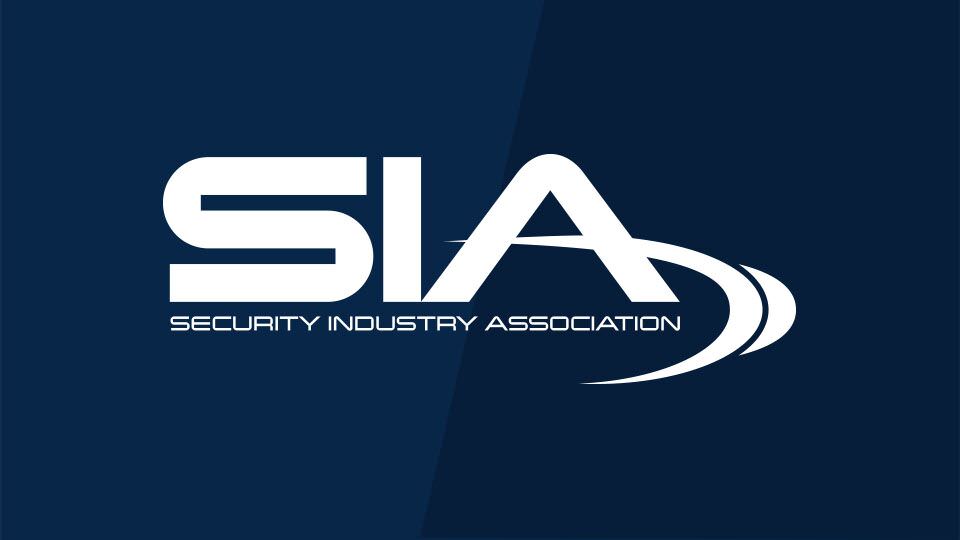SIA Reacts to GSA Transactional Data Rule Proposal

On June 25, the House Small Business Subcommittee on Contracting and Workforce held a hearing on a proposed rule by the General Services Administration (GSA) on transactional data and its effect on small businesses.
In response to this hearing, the Security Industry Association (SIA) submitted a statement protesting the GSA proposal, which has been described as the most sweeping change to GSA policies in nearly 30 years.
The proposal would amend the GSA Acquisition Regulation (GSAR) to include clauses that:
- require vendors to report all transactional data for orders and prices paid by ordering activities through GSA contracting vehicles; and
- direct vendors to begin phasing out requirements under the price reduction clause (PRC).
For Federal Supply Schedules (FSS) programs, SIA understands the initial pilot will not include Schedule 84 (law enforcement and security) and Schedule 70 (IT programs), which encompass most security solutions offered by SIA members on the supply schedules. Under the proposal, GSA would extend the new data reporting requirements to other schedules if the pilot results demonstrate that it is an “effective pricing model.”
SIA shares the agency’s goal of providing products and services at the best value possible for government customers and the American people.
However, SIA has significant concerns whether analysis of item-level pricing could be successfully applied to complex engineered systems without compromising the best value proposition. The key advantage to federal customers using GSA contracting vehicles is that contractors are vetted to ensure they can provide quality products at reasonable prices. In pursuit of the goal of ensuring that quality products are provided at reasonable prices, the PRC system currently in place does recognize the differences between the complex systems provided by different vendors because the comparison is to commercial customers of the same vendor.
Because of those differences between the products and systems provided by different vendors, comparisons between vendors often result in an “apples to oranges” comparison. For example, currently there are a multitude of GSA FSS contractors with the same part numbers on their contracts at different prices because of differing features, warranty periods or other value-added services. By providing a vertical price comparison, the PRC system takes such differences into account, while a horizontal comparison does not.
Ultimately, if the objective of the proposal is simply to obtain lower pricing—and effectiveness is measured by the extent prices can be pushed down based on differences between offerors on individual items—there is a significant risk that high-quality providers of engineered systems may find it untenable to continue supplying government customers under FSS contracts.
For example, it is important to differentiate Schedule 84 from other schedules in that Schedule 84 solutions are usually dealing with complex integrated life safety systems and that the overall best cost of the whole functioning system is more relevant than the individual price of the hundreds of items making up a customized system.
For these and other reasons, SIA urged Congress to exhaustively examine the GSA proposal on the transactional data rule. For more information on this topic, please contact Jake Parker at 301-804-4712 or jparker@securityindustry.org.
